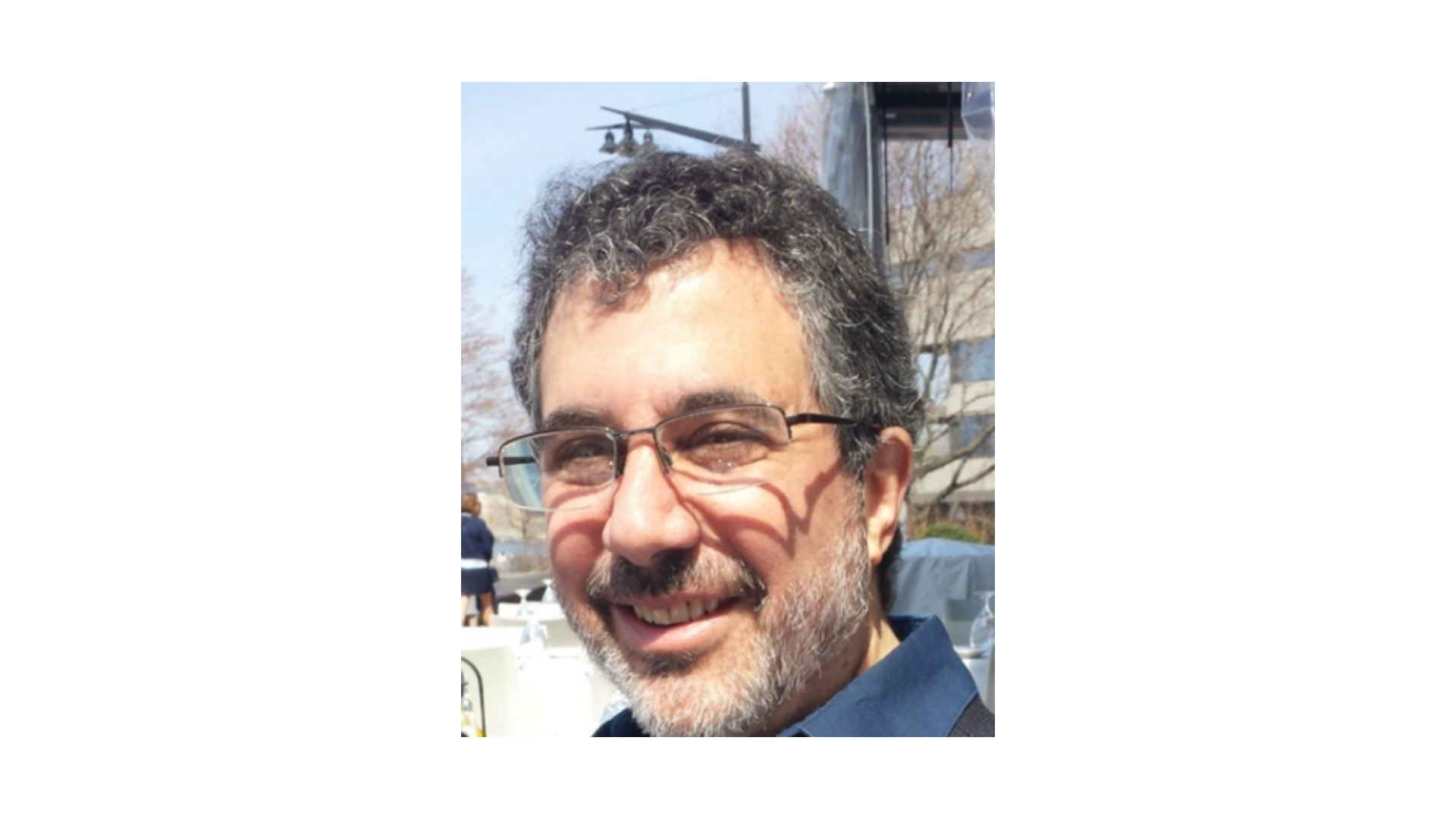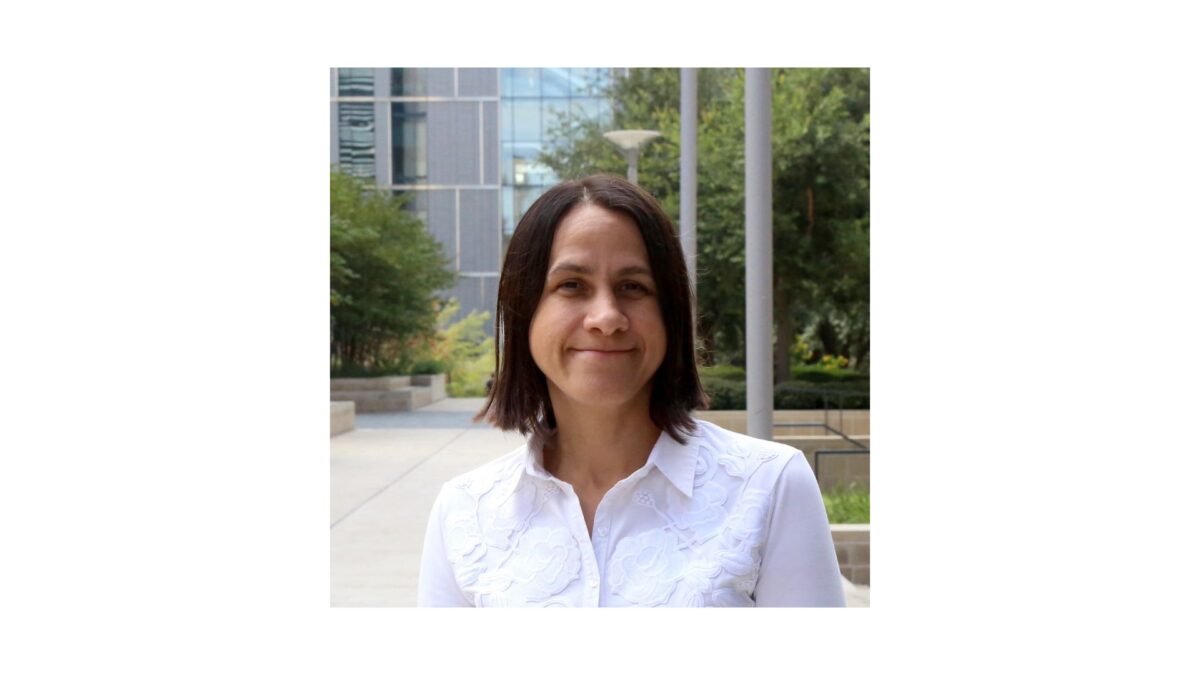
- This event has passed.
Crystal Math: Rapid Prediction of Molecular Crystal Structures Using Topological and Simple Physical Descriptors (Mark Tuckermann, NYU)
February 27 @ 2:00 pm - 3:00 pm

Abstract:
The different solid structures or polymorphs of atomic and molecular crystals often possess different physical and chemical properties. Structural differences between organic molecular crystal polymorphs can affect, for example, bioavailability of active pharmaceutical formulations, the lethality of contact insecticides, and diffusive behavior in host-guest systems. Such differences can also influence the behavior of smart materials, such as self-healing crystals or propulsion mechanisms in thermomechanical or so-called “jumping” crystals. In metallic crystals, structural differences may determine how different phases may be used in electronic device applications. Crystallization conditions can influence polymorph selection, making an experimentally driven hunt for polymorphs difficult. These efforts are further complicated when polymorphs initially obtained under a particular experimental protocol “disappear” in favor of another polymorph in subsequent repetitions of the experiment. Theory and computation can potentially play a vital role in mapping the landscape of crystal polymorphism. Traditional methods for predicting crystal structures and investigating solid-solid phase transformation behavior face their own challenges, and therefore, new approaches are needed. In this talk, I will show, by leveraging concepts from mathematics, specifically geometry and topology, in combination with simple physical principles and big data, that we have been able to develop a new framework, which we are calling “Crystal Math” that represents a new paradigms in our ability to predict molecular crystal structures and, potentially, crystal properties, orders of magnitude faster and with far fewer resources than more traditional methods.
Biography:
Mark Tuckermann obtained his B.S. in physics from the University of California at Berkeley in 1986 and his Ph.D. from Columbia University in 1993, working in the group of Bruce J. Berne. From 1993-1994, he held an IBM postdoctoral fellowship at the IBM Forschungslaboratorium in Rüschlikon, Switzerland in the computational physics group of Michele Parrinello. From 1995-1996, he held an NSF postdoctoral fellowship in Advanced Scientific Computing at the University of Pennsylvania in the group of Michael L. Klein. He is currently Professor of Chemistry, Physics, and Mathematics at New York University. His research program spans a variety of topics including development of free-energy based enhanced sampling tools for predicting the conformational equilibria of complex molecules, exploration of structure and polymorphism in molecular crystals, simulation studies of electrolyte liquids for clean energy applications, development of machine learning models for electronic structure theory and statistical mechanics applications, and path-integral methods for quantum dynamics. Honors and awards include the Japan Society for the Promotion of Science Fellowship, the Friedrich Wilhelm Bessel Research Award from the Alexander von Humboldt Foundation, the Camille Dreyfus Teacher-Scholar Award, an NSF CAREER Award, and the NYU Golden Dozen Teaching Excellence Award, the Andreas C. Albrecht Lectureship from Cornell University, the Kennedy Lectureship from Washington University, the Institute Lectureship from the Indian Institute of Technology, Kanpur, where he is now Distinguished Visiting Professor, election as a Fellow of the AAAS, a Dreyfus award for Machine Learning in the Chemical Sciences and Engineering, and an Einstein Fellowship from the Einstein Stiftung Berlin. He is the Principal Investigator of the Simons Center for Computational Physical Chemistry at New York University and former Chair of the Department of Chemistry at NYU.
